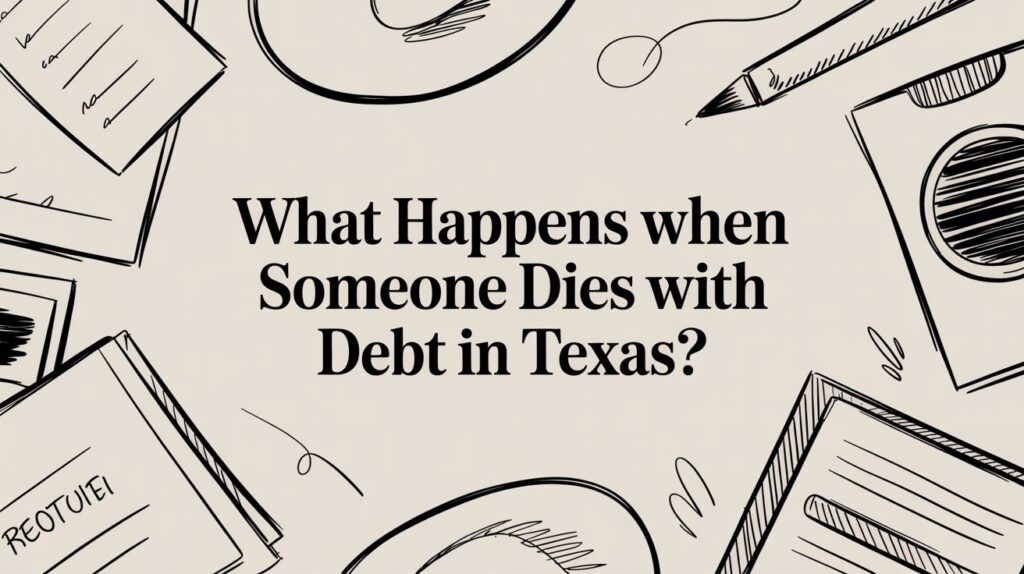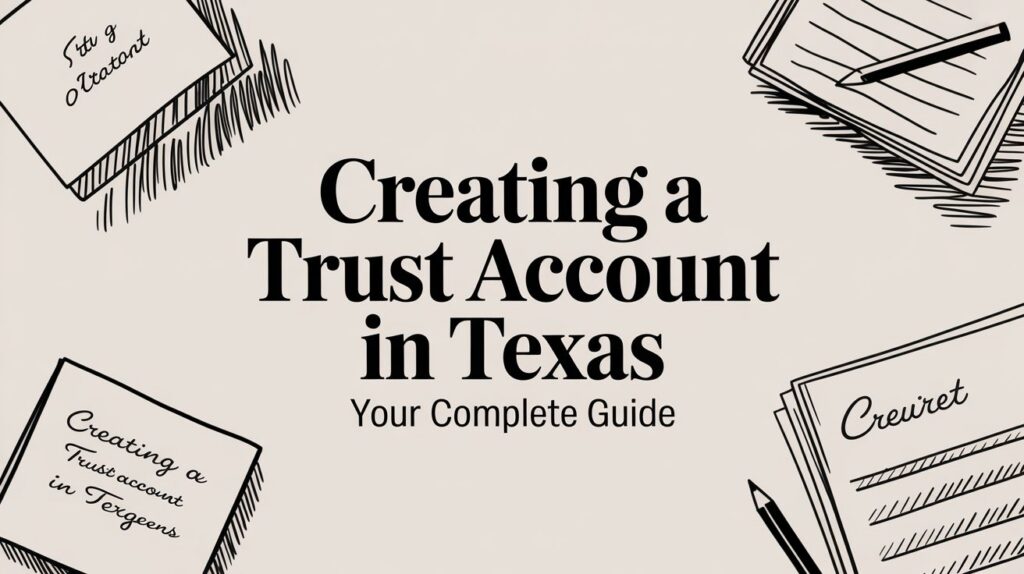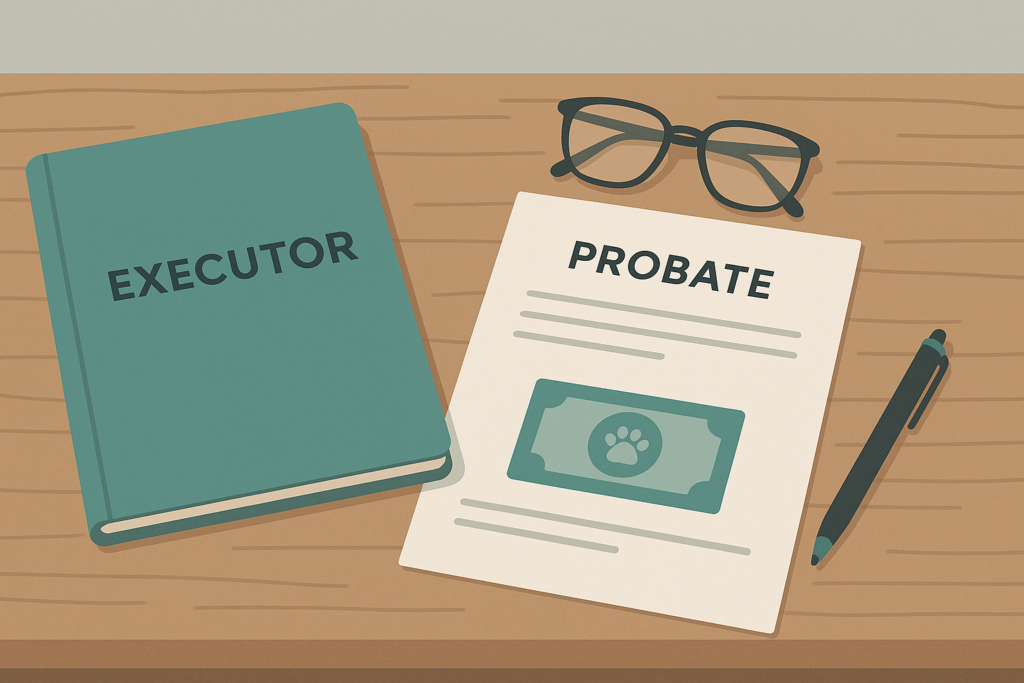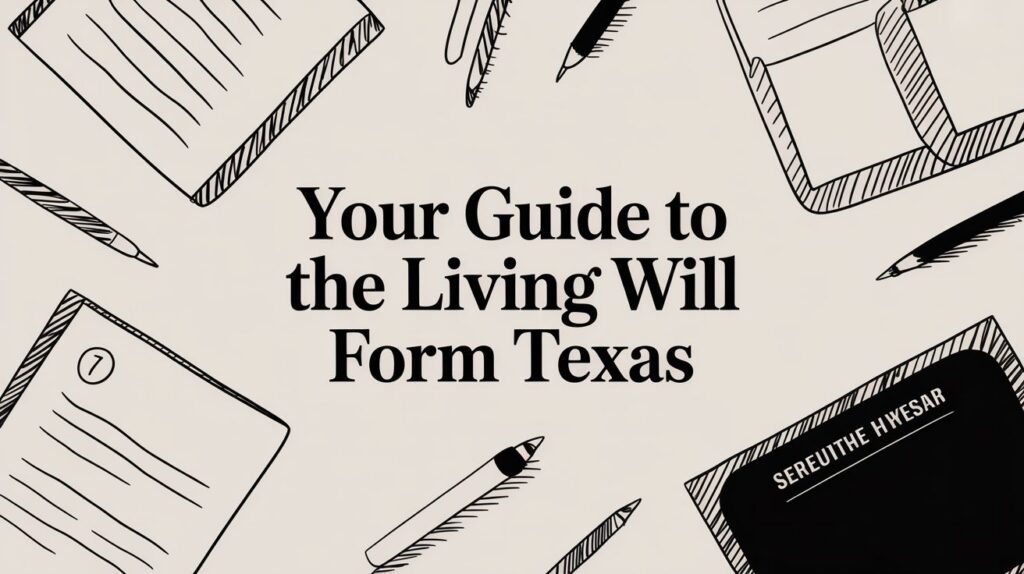Probate isn’t something most people plan to deal with—until they’re suddenly thrown into it after the loss of a loved one. Although the process is designed to create a legal pathway for distributing a deceased person’s assets, it’s far from simple. When mistakes occur—whether by executors, beneficiaries, or even attorneys—the consequences can be severe and long-lasting. That’s precisely why understanding the impact of probate errors is crucial for anyone involved in estate administration.
In this article, we’ll take a closer look at the most frequent probate missteps, what causes them, and how even one oversight can trigger court delays, family feuds, legal penalties, and personal liability. By examining the common probate errors and their far-reaching consequences through real-world scenarios and legal analysis, you’ll walk away with the insights you need to avoid unnecessary setbacks.

What Is Probate and Why Do Errors Matter?
A Legal Process With High Stakes
Probate is the legal process used to settle a deceased person’s estate. This includes proving the validity of the will (if one exists), appointing an executor or administrator, paying debts, and distributing assets to heirs or beneficiaries.
While the aim of probate is to ensure lawful execution of an estate, small deviations can create massive complications. Thus, the impact of probate errors isn’t only financial or legal—it often leads to emotional distress, family division, and years-long delays in inheritance.
Misinterpreting the Will’s Instructions
The First—and Sometimes Fatal—Mistake
One of the most common errors made during probate is simply misreading or misinterpreting the will. Whether it’s misunderstanding a legal phrase or misallocating assets that were clearly directed elsewhere, even a seemingly minor misstep can have lasting effects.
Real-life example: In Austin, an executor misunderstood a clause in the will that divided property “equally among grandchildren.” He believed it applied only to the deceased’s biological grandchildren. But a step-grandchild was legally adopted and therefore entitled to an equal share. A lawsuit followed, costing the estate $40,000 in legal fees and dragging probate out for an additional 18 months.
Clearly, one major impact of probate errors lies in how they expose the estate to disputes and litigation that could have been avoided with proper interpretation and guidance.
Failing to Notify Interested Parties
The Silent Killer of Probate Cases
Probate law typically requires executors to notify all interested parties—heirs, beneficiaries, and sometimes creditors. This step is not optional. Failing to do so can delay the case, invalidate proceedings, or lead to appeals.
Skipping this step may result in:
- Claims of fraud or concealment
- Delays in asset distribution
- Court-ordered re-openings of settled estates

Example: A woman in Dallas handled her father’s estate but failed to notify a half-sibling born from a previous marriage. That siblingcontested the will years later after learning of it through a distant relative. The court reopened the probate case, and most of the assets had to be redistributed.
That’s why one of the key common probate errors and their far-reaching consequences is simply not understanding who legally counts as “interested” and what notification requirements are.
Missing Probate Deadlines
Time Is Not on Your Side
The probate process operates on strict timelines—deadlines for filing the will, submitting inventories, notifying creditors, and distributing assets. Missing even one of these deadlines can stall proceedings or cause the executor to be removed by the court.
Some of the most serious consequences include:
- Court sanctions or fines
- Removal of executor duties
- Legal liability for financial losses
- Loss of confidence from beneficiaries
Real-world case: In Harris County, an executor missed the 90-day inventory deadline by nearly six months. Creditors took advantage of the gap, filed claims, and demanded interest payments that could have been avoided.
So if you’re handling an estate, the impact of probate errors like missing deadlines should never be underestimated.
Overlooking Debts and Creditor Claims
It’s Not Just About the Assets
Most people focus on what’s being passed down—the family home, bank accounts, jewelry. But debts matter too. An executor who pays out assets before settling debts can be held personally liable.
Here’s how it happens:
- The executor distributes assets to heirs
- Creditors come forward with valid claims
- There’s no money left in the estate
- The court holds the executor responsible
Example: In San Antonio, an executor failed to publish a notice to creditors. Months after distributing most of the estate to beneficiaries, a medical bill of $23,000 came due. The executor had to cover the bill out of her own pocket.
This is one of the more serious common probate errors and their far-reaching consequences—and it’s one that hits executors where it hurts most: financially.
Mismanaging Estate Assets
When Good Intentions Aren’t Enough
Being an executor involves more than handing out money. You’re legally responsible for managing the estate’s assets until they’re distributed. That includes maintaining property, paying insurance, and avoiding reckless financial decisions.
Mismanagement might include:
- Letting property taxes go unpaid
- Failing to secure vacant real estate
- Making risky investments with estate funds
- Ignoring maintenance on valuable assets
Example: An executor in Waco failed to maintain the deceased’s rental property. A pipe burst, causing $15,000 in damage. Because the home wasn’t insured properly at the time, the cost fell on the estate—reducing the inheritance for all beneficiaries.
If you’re looking at the impact of probate errors, asset mismanagement is one of the most preventable yet common mistakes people make.
Ignoring Tax Obligations
Uncle Sam Doesn’t Forget
Taxes don’t stop when someone dies. Executors are responsible for filing final income tax returns, estate tax returns (if applicable), and ensuring any outstanding taxes are paid.
Consequences of ignoring tax obligations include:
- IRS penalties and interest
- State tax liens
- Delay in closing the estate
- Personal liability for unpaid taxes
Real-life story: A probate administrator in El Paso skipped filing the final income tax return for a deceased retiree. The IRS added penalties and interest, pushing a $2,000 bill to nearly $6,000 before it was caught.
The impact of probate errors related to taxes can easily turn a small estate into a financial quagmire if left unchecked.
Choosing the Wrong Executor
The Root of Many Probate Problems
All too often, families name executors based on emotion—“Mom wanted you to do it”—instead of capability. But probate requires organization, integrity, time management, and sometimes conflict resolution skills.
Common executor-related issues:
- Incompetence or lack of follow-through
- Poor communication with heirs
- Biased or unethical decisions
- Failure to keep accurate records

Example: In a case out of Galveston, two siblings were co-executors. They disagreed on almost every decision. Their infighting delayed probate by nearly three years and cost the estate over $20,000 in legal fees.
The common probate errors and their far-reaching consequences often stem from choosing an executor who lacks the temperament or experience to handle the responsibility.
Improper Recordkeeping
When You Can’t Prove It, It Didn’t Happen
Probate is paperwork-heavy. Courts and beneficiaries need to see where money went, how assets were handled, and when key steps occurred. Poor recordkeeping can sink a probate case fast.
Records to keep include:
- Copies of all checks and deposits
- Tax filings and receipts
- Letters to and from creditors
- Appraisals and sales records for property
- Logs of communication with heirs
Without a paper trail, the executor is open to challenges and may not be able to defend their actions—even if they were honest.
One overlooked impact of probate errors is reputational. Once trust is lost among family members, it’s rarely recovered.
Failure to Account for Digital Assets
A Modern Problem With Legal Consequences
Today’s estates are increasingly digital. From cryptocurrency to social media accounts, many assets exist solely online. Ignoring them can lead to lost value or identity theft.
Common digital assets include:
- Online bank accounts
- PayPal or Venmo balances
- Cryptocurrency wallets
- Digital photo collections
- Email and domain names
Example: A probate case in Dallas lost access to a $7,000 PayPal account because no one knew the password—and the deceased hadn’t left digital instructions. The funds were eventually returned to PayPal’s unclaimed property department.
In the context of common probate errors and their far-reaching consequences, overlooking digital assets is a modern issue with very real financial implications.
When Probate Becomes a Family Feud
Emotional Fallout That Lasts for Years
Perhaps the most painful consequence of probate errors isn’t legal—it’s personal. When mistakes occur, family members may turn on one another, often driven by suspicion, jealousy, or misunderstandings.
These disputes can lead to:
- Contested wills and litigation
- Permanent rifts between siblings or spouses
- Involvement of outside attorneys and mediators
- Disruption of family businesses or shared assets

Story: In a probate case involving a family ranch in central Texas, an executor sold off a portion of the land without telling the rest of the heirs. Though legal, the decision sparked years of resentment and two lawsuits. The family hasn’t spoken since.
Of all the impact of probate errors, the emotional cost is perhaps the hardest to fix.
Final Thoughts on Common Probate Errors and Their Far-Reaching Consequences
Probate may seem like just another bureaucratic process, but its outcomes affect families for generations. A single error—whether it’s forgetting to notify a creditor, misreading a will, or failing to file a tax return—can derail everything. And while some mistakes can be corrected, others come with steep costs in money, time, and emotional toll.
That’s why understanding the common probate errors and their far-reaching consequences is vital for anyone serving as an executor, beneficiary, or advisor. Whether you’re preparing your own estate plan or currently managing someone else’s, approaching probate with knowledge and caution is the best way to protect your legacy and maintain peace in the family.
Mistakes in probate aren’t just paperwork problems—they’re real-world issues with real-world consequences. So take the time, ask the right questions, and when in doubt, get help from a professional who knows the path forward.








